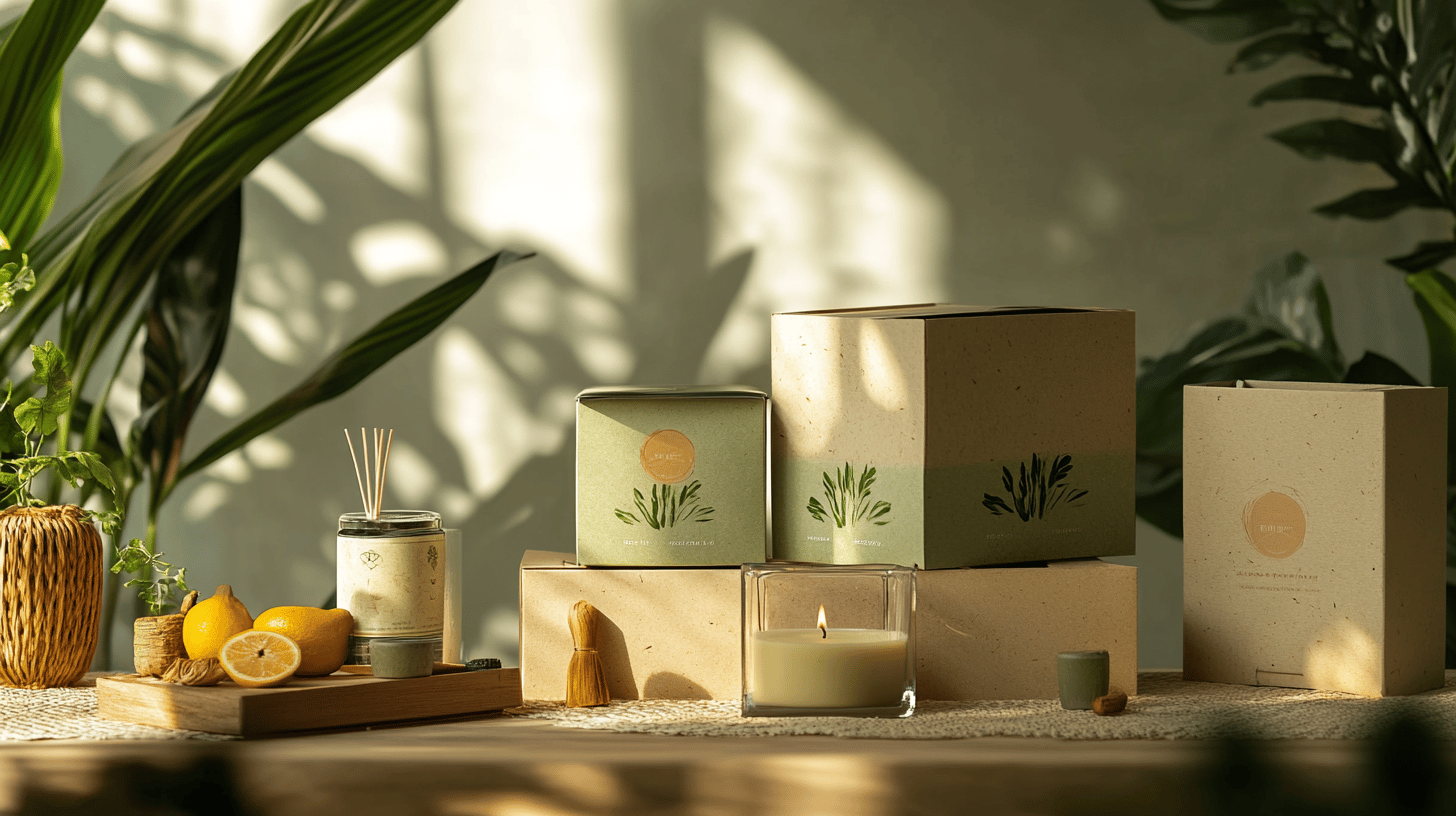Going vegan is a big life step for many people, often bringing changes not only in diet but also in everyday life. However, if you live in a family that is not vegan, this journey can be a little more complicated.
How vegan products help reduce microplastic waste

Microplastics have become one of the most pressing environmental issues of our time. These tiny plastic particles, less than five millimetres in size, permeate every corner of our planet - from the deep ocean to farmland to our bodies.
Their presence has a devastating impact on the environment, animal and human health. Microplastics enter the food chain, contaminate water sources and disrupt natural ecosystems.
With millions more tonnes of plastic waste being added every year, it is essential to find sustainable solutions. One of these is vegan products, which not only respect animal rights but also make a significant contribution to reducing microplastic waste and protecting our planet.
1. What are microplastics and why are they a problem?

Microplastics are tiny plastic particles that are either created by the breakdown of larger plastic objects or are intentionally produced for use in products such as cosmetics, cleaning products or textiles.
These particles enter the environment where they cause widespread damage. They are consumed by marine animals in the oceans, disrupting their health and threatening entire ecosystems.
But microplastics are not only found in water - they also penetrate the soil, where they affect the quality of agricultural soils and can get into the food we eat.
It is estimated that there are more than 150 million tonnes of plastic in the oceans, with an additional 8 million tonnes added every year. This problem is not just an environmental one, but also a health one.
Microplastics have been found in human blood, lungs and even placentas, raising concerns about the long-term effects on our health. It is therefore crucial to look for alternatives to help reduce plastic waste.
2. Vegan products as an alternative to plastics

Vegan products are defined as products that contain no animal ingredients and are not tested on animals. They often use natural, renewable and biodegradable materials, making them more environmentally friendly.
As a result, vegan products can replace plastic products in many areas of everyday life - from packaging to cosmetics to household items.
Vegan products not only reduce dependence on plastics, but also promote sustainable living. For example, vegan packaging made from bioplastics or compostable materials breaks down after use without leaving microplastic waste.
Similarly, vegan cosmetics and cleaning products are often free of synthetic ingredients that could contribute to pollution.
3. Specific examples of vegan products that reduce microplastic waste

- Vegan packaging: companies are increasingly switching to bioplastic packaging, which is made from plant-based materials such as corn, sugar cane or potato starch. This packaging is biodegradable and free of microplastics, making it an ideal alternative to traditional plastics.
- Cosmetics and personal care: Many vegan beauty products such as shampoos, soaps or scrubs replace microplastic exfoliating particles with natural ingredients such as ground walnut shells, coffee grounds or oatmeal. These products are not only kind to nature, but also to our skin.
- Vegan cleaning products, sponges or kitchen utensils are often made from natural materials such as bamboo, coir or recycled paper. These products are biodegradable and help reduce plastic waste in the home.
4. Benefits of using vegan products
Using vegan products brings a number of benefits that range from environmental to health to economic:
- Environmental benefits: Vegan products help reduce pollution, protect natural resources and promote renewable materials. Biodegradable packaging and natural ingredients minimize environmental impact.
- Health benefits: the absence of harmful chemicals and microplastics in cosmetics and cleaning products means less risk of skin irritation or allergic reactions.
- Economic benefits: Although vegan products can be more expensive initially, their longevity and reusability often lead to long-term savings.

5. How to get started with switching to vegan products
Switching to vegan products doesn't have to be complicated. Start with small steps, such as replacing plastic packaging with vegan alternatives or choosing natural cosmetics.
When shopping, pay attention to certifications such as 'Vegan' or 'Cruelty-Free' and read product ingredients.
You can get inspiration from stories of people who have already successfully transitioned to a vegan lifestyle or from online sustainability communities.
6. Challenges and barriers to switching to vegan products

Although there are many benefits to switching to vegan products, there can be some challenges. Higher initial costs, limited availability of some products or lack of information can be barriers.
However, these challenges can be overcome by supporting communities, sharing experiences and finding local producers who offer affordable and quality vegan products.
Conclusion
Vegan products are an effective and sustainable way to reduce microplastic waste and help protect our planet. Each of us can start with small changes that will gradually lead to a big impact.
Whether it's choosing biodegradable packaging, natural cosmetics or eco-friendly household items, every step towards sustainability counts. Share your experiences, tips, and favorite products in the comments to inspire others to join this important change.
Together we can create a world that is kinder to nature and future generations.

Going vegan can seem like a huge challenge at first.
When you decide to switch to a vegan diet, the world of food can seem like an endless field of possibilities, but also challenges.
Reading food labels can be like cracking a mysterious code. At first glance, a product may appear to be vegan, but a closer look at the ingredients reveals that it contains hidden animal ingredients.




